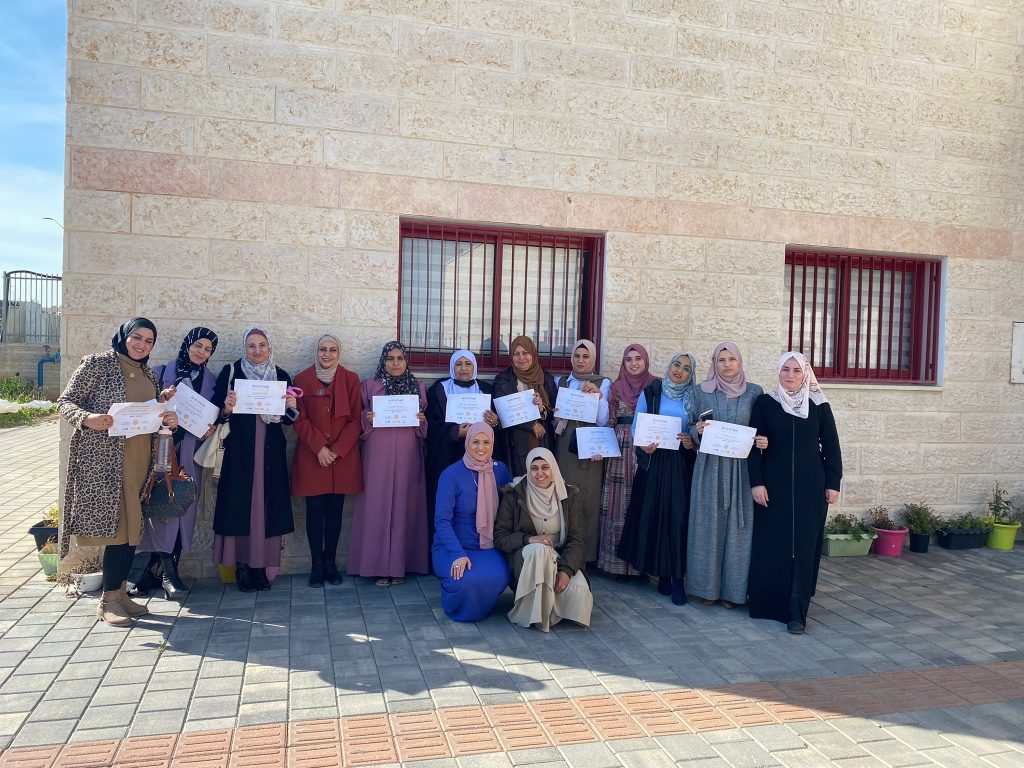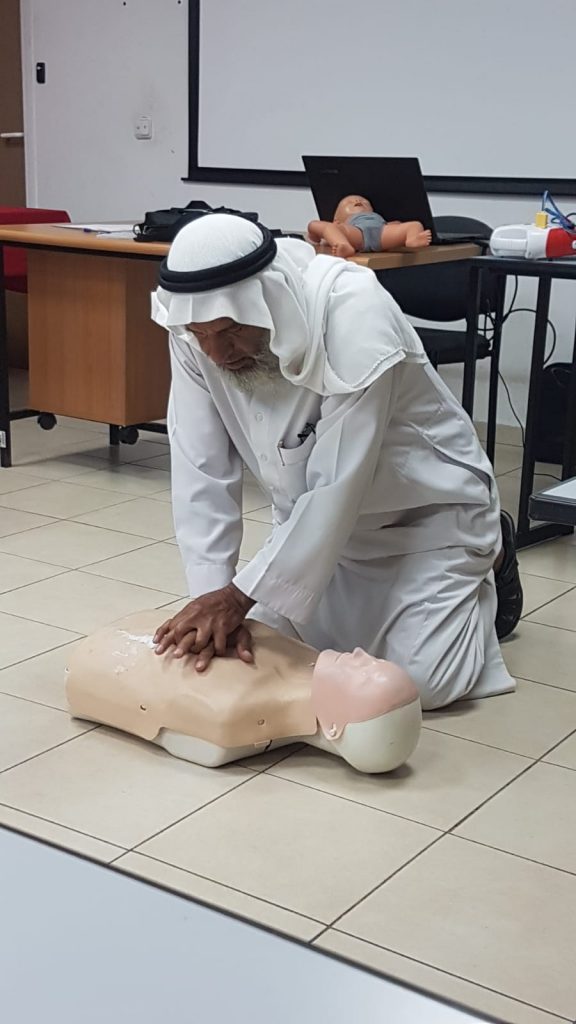
Menu
Educational enterprises, and in particular quality education in early childhood, have been a central part of AJEEC’s activities since the beginning of the organization. This is based on the belief that equal opportunity for women, children, teenagers and young people creates a more equal society, where every citizen can take advantage of their potential.
Early childhood development is critical to success in all other stages of life. The first years of life are a critical period for the acquisition of cognitive and socio-emotional skills. Investing in high quality experiences during the early years has significant positive effects on individuals, communities and societies, whereas the gaps created in these years will reduce the scope of a person’s success in adulthood.
Bedouin society in the Negev suffers from disparities in many areas. The effect of these disparities on early childhood development is multidimensional: a direct effect in disparities in the workforce in the fields of education, caregiving, and rehabilitation, alongside disparities in access to services and knowledge. However, additional gaps in higher education and professional training, in employment and earnings, in the level of local government services, in infrastructure, mobility and accessibility also affect the ability to provide a platform for optimal long-term development.
The Bedouin settlements in Israel – both recognized and unrecognized – face deficient infrastructure, polluting and life-threatening hazards, and a severe lack of physical activity facilities. All of these seriously harm the health of the community members and make it difficult for them to lead a healthy lifestyle. Today, many of the residents who moved to permanent settlements suffer from obesity, diabetes, high blood pressure, heart disease, smoking damage, poor nutrition, and mental stress.

55% of the deaths among Bedouin children are caused by accidents at home and in the yard
Reducing gaps and creating a situation in which the children in Bedouin society grow optimally and develop in a normal and positive way, cognitively and physically, with wrap-around parental and community support.

Al-Razi program – a track for training outstanding young people from the Negev to work in paramedical professions focused on early childhood (speech-language pathology, occupational therapy, etc.) through a multi-year program that begins in the twelfth grade, continues in a gap year program, and culminates in admission to academic studies that end with job placement.
The initiative to promote safety and prevent child injuries – a joint project with the Ministry of Health operating in Hura, Rahat and Neve Midbar with the aim of reducing child injuries from drowning, domestic accidents, car reversal accidents, burns, and suffocation. The project will be implemented through the establishment of ten playrooms in the aforementioned localities, in which there will be play activities, health education through diverse activities, lectures and workshops for parents, home visits, awareness campaigns, training of early childcare workers (including home caregivers and aides) encouraging community activism, and mapping and eradicating hazards.
Program to improve the quality of early childhood care – Most children aged 0-3 in Bedouin society are in home-based care or under the supervision of a caregiver who is usually a relative who takes care of one to five toddlers. This widespread phenomenon of untrained educators working in their homes is based on the lack of awareness of the importance of early childhood in building the children’s future, and the lack of a social norm regarding the importance of educational context and process.
This program is shared with the Yalduta organization, and includes the training of pedagogical instructors for preschoolers in the Negev, some of whom will go to work as pedagogical instructors in small, unrecognized, and informal home settings in Hura, Rahat and Segev Shalom – first in the form of group training for groups of home caregivers, and later also individual accompaniment and training.
Promoting a healthy lifestyle – a broad field that is implemented in all department and community programs and includes training on this topic as well as dedicated programs for different target groups, integrated to various degrees in each of the main programs. The program deals with instilling healthy lifestyle habits among the members of the Bedouin community – mothers, children, young people. The content is delivered through experiential workshops to help participants assimilate the content into the context of their lives.
The Imams’ Forum – a group of spiritual leaders working in collaboration with AJEEC and Soroka Hospital to make knowledge in the field of health accessible to the Bedouin community in the Negev.
A series of workshops led by the AJEEC team and senior officials at Soroka Hospital – in various fields of knowledge including nutrition, genetics and hereditary diseases, birth defects, and more.
Following the workshops, the imams prepare sermons for their communities in order to raise awareness and knowledge in mosques during prayers.
In 2024, the forum will focus on promoting child protection and preventing children from being harmed by domestic accidents and preventing neglect and abuse.





In addition to the focus of the work in Negev settlements and connecting with authorities in these localities–such as the local childcare directorates and government bodies such as the Ministry of Health–the department’s programs complement each other. For example, trainings to promote safety and prevent injuries for the Childhood Safety project will be conducted among the preschool instructors, home caregivers, and parents whose children are in home childcare frameworks that are involved in the Improving Early Childcare project, as well as among the participants of the Al-Razi gap year program who, as part of their volunteering, will work in the playrooms as safety and health promoters and will also run activities for the children from the home childcare settings while their caregivers are in training.
All the department’s programs operate in light of extensive research on understanding the importance of early childhood intervention for the benefit of reducing social gaps and promoting beneficial social integration in the future.